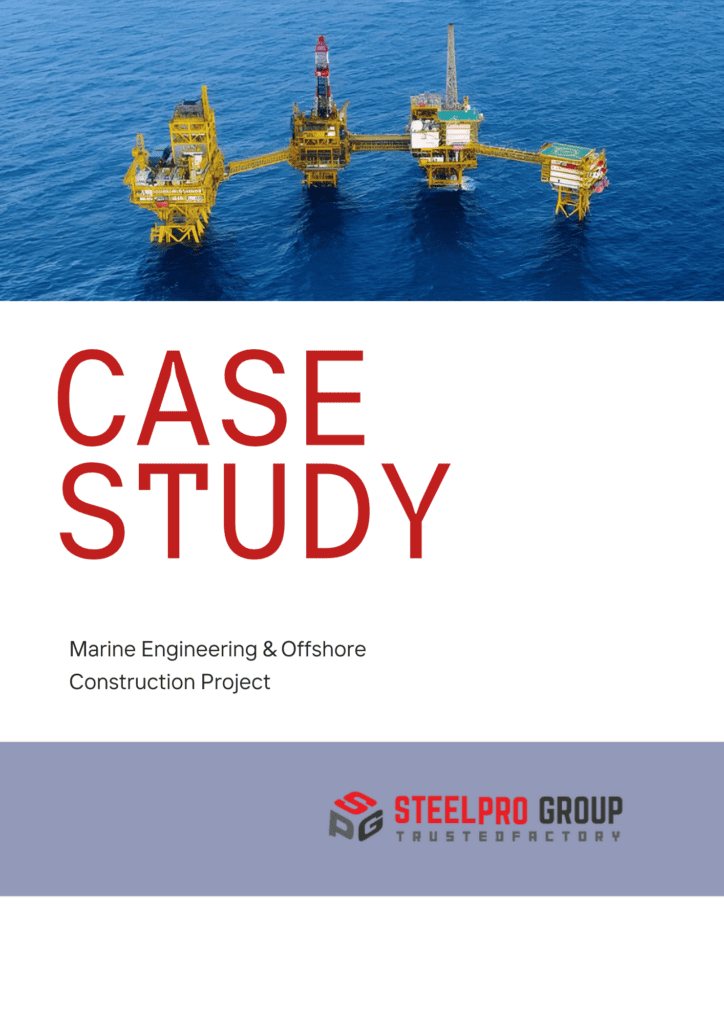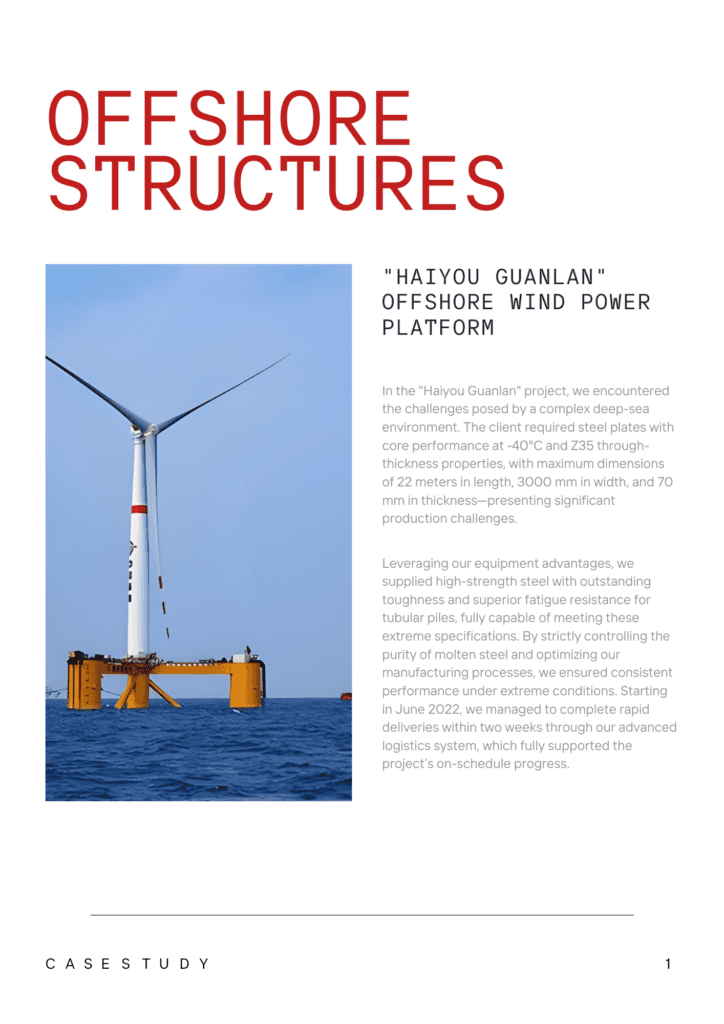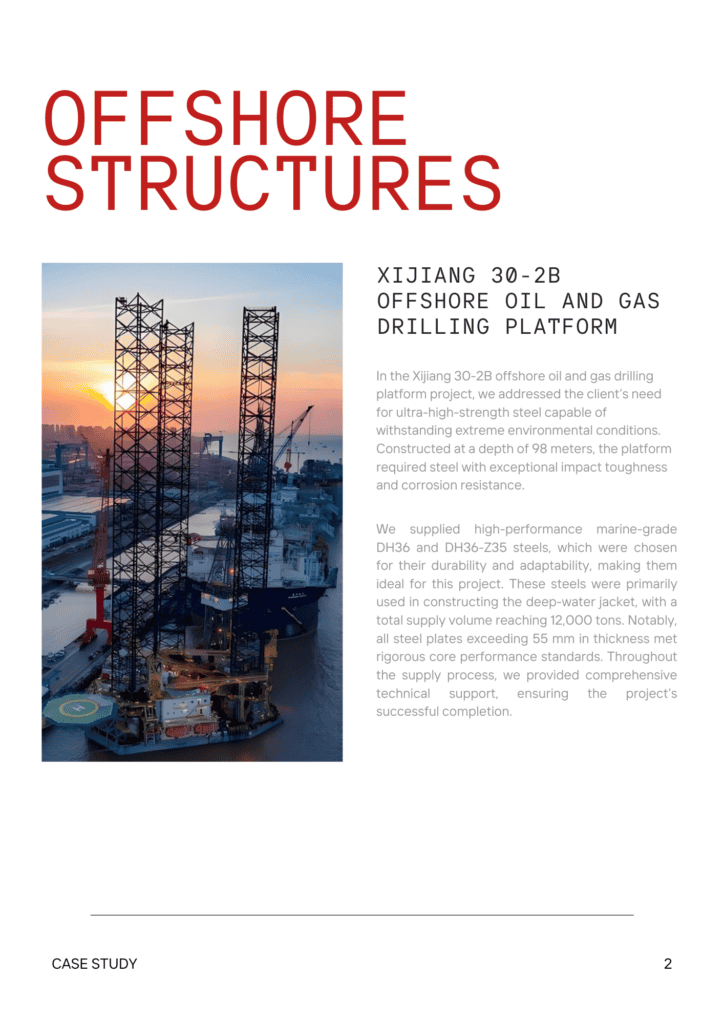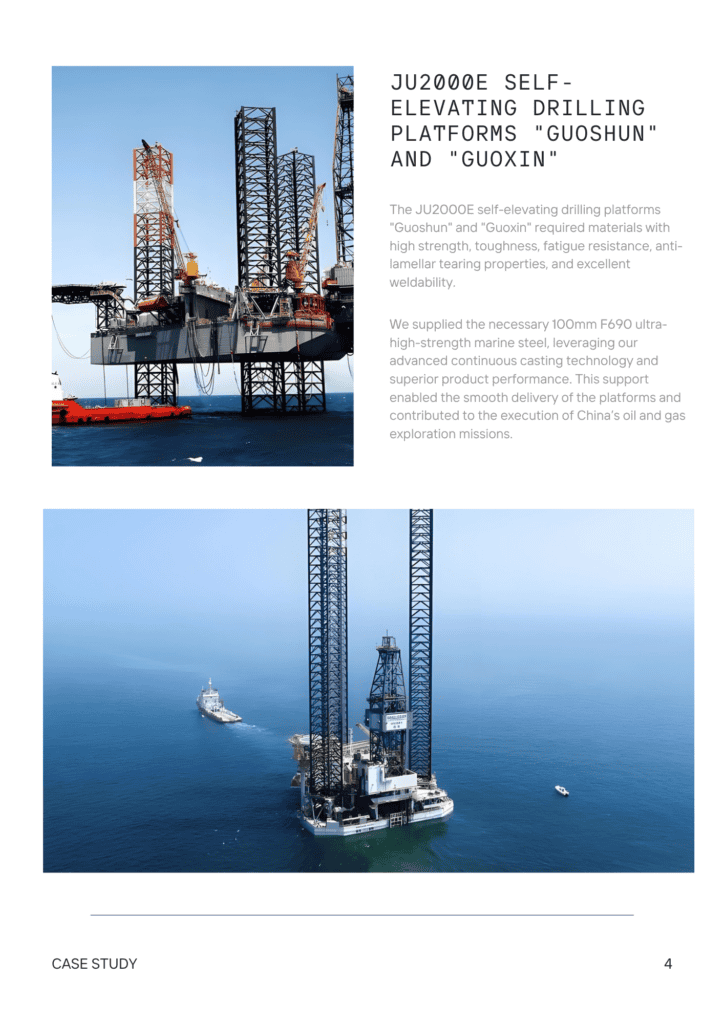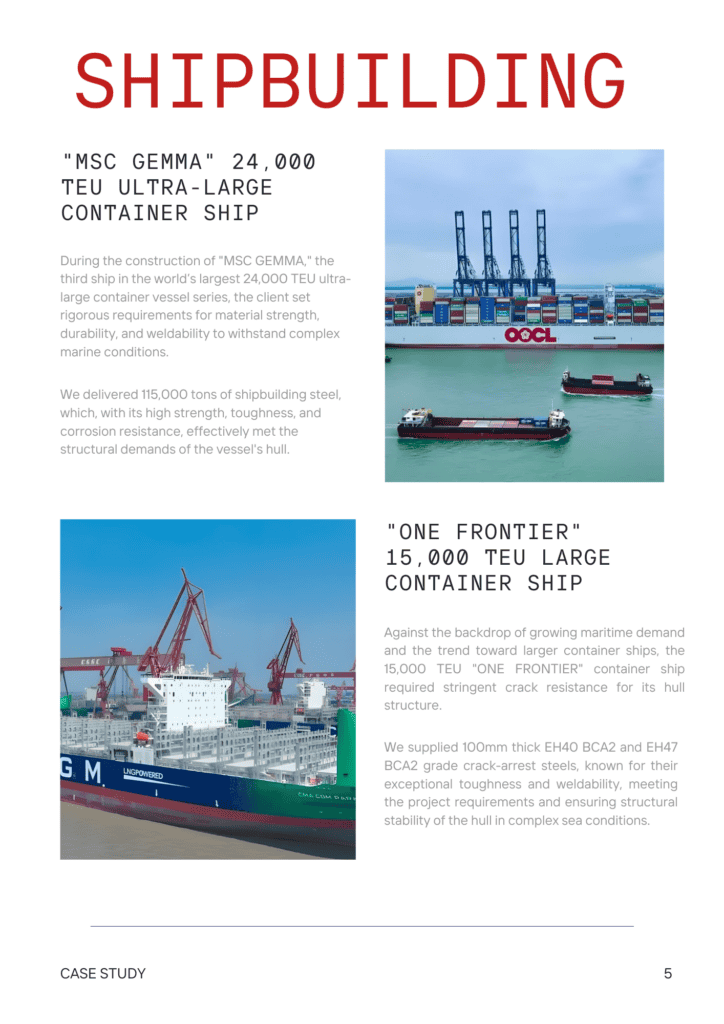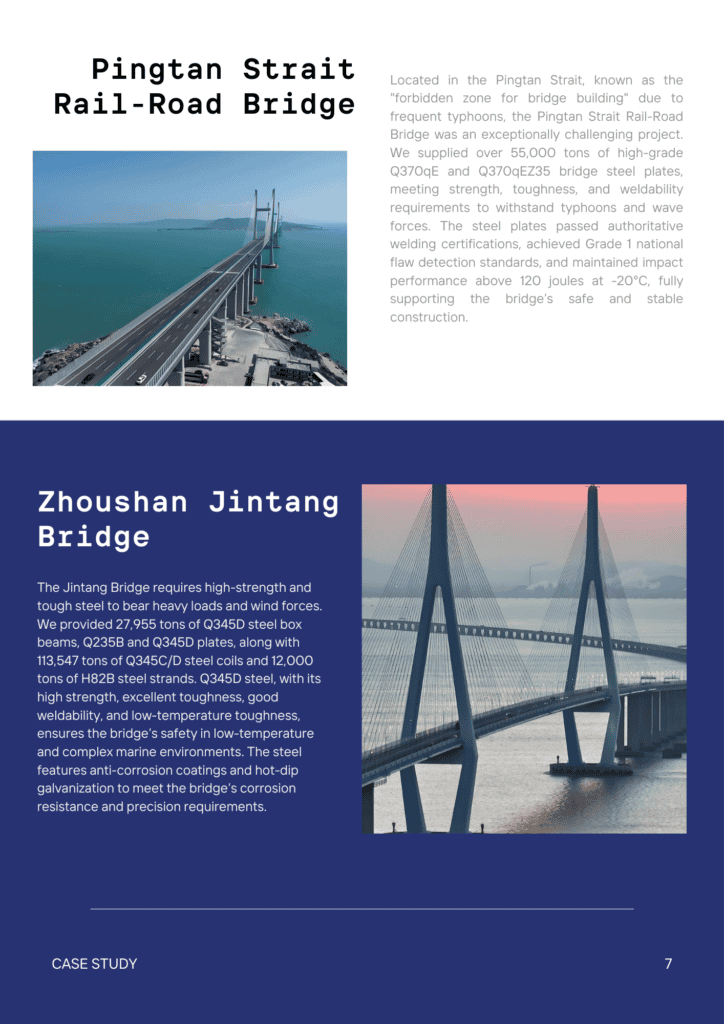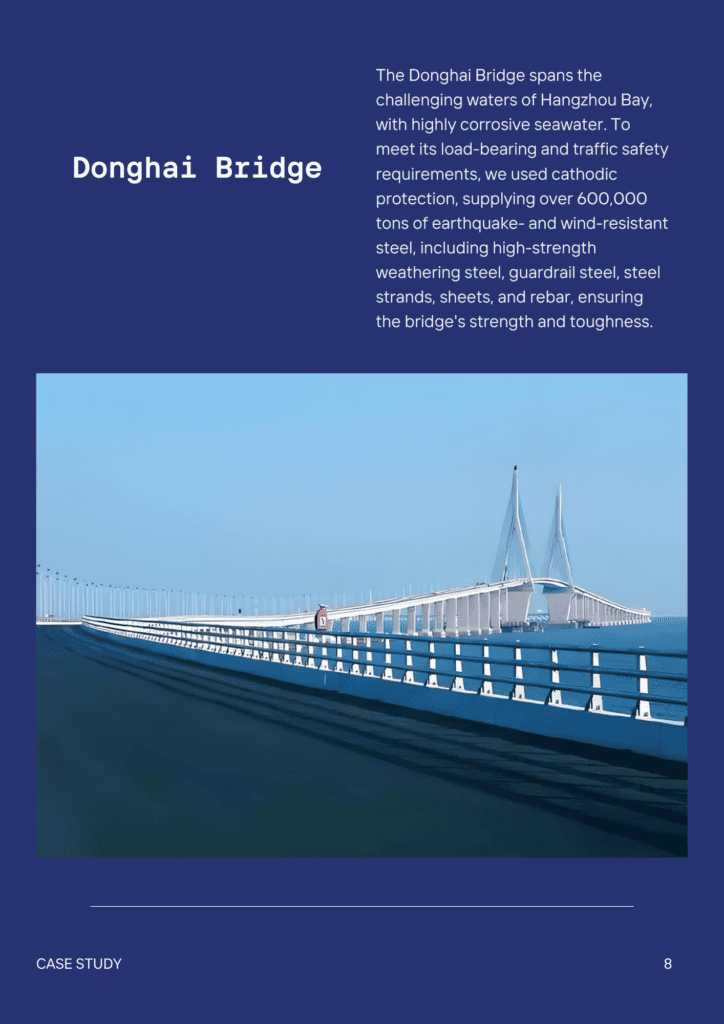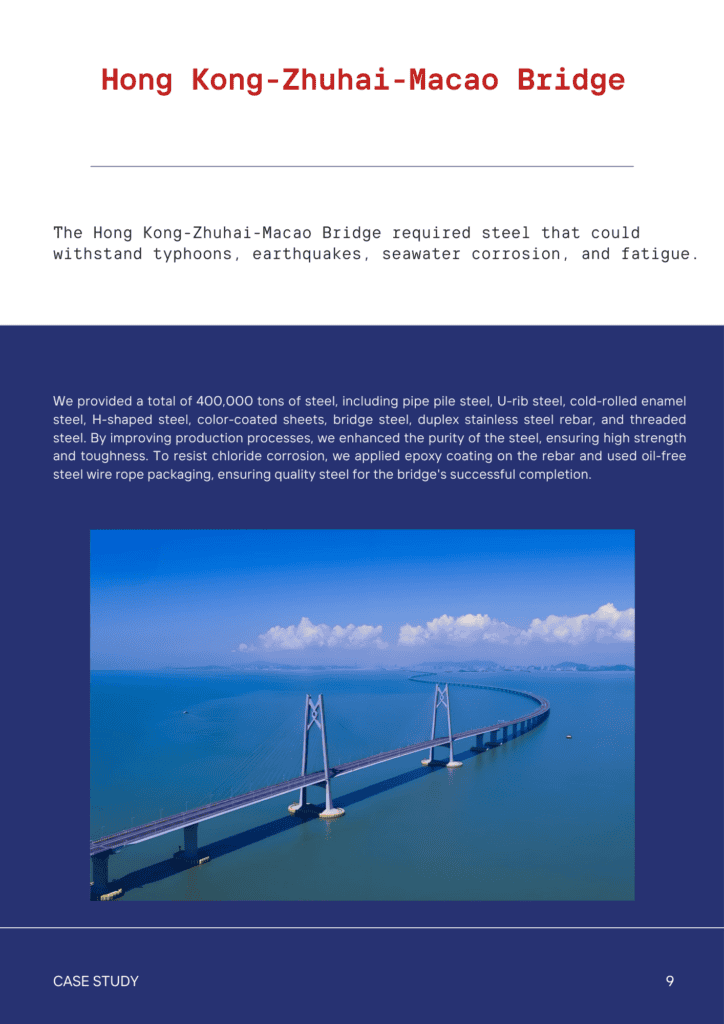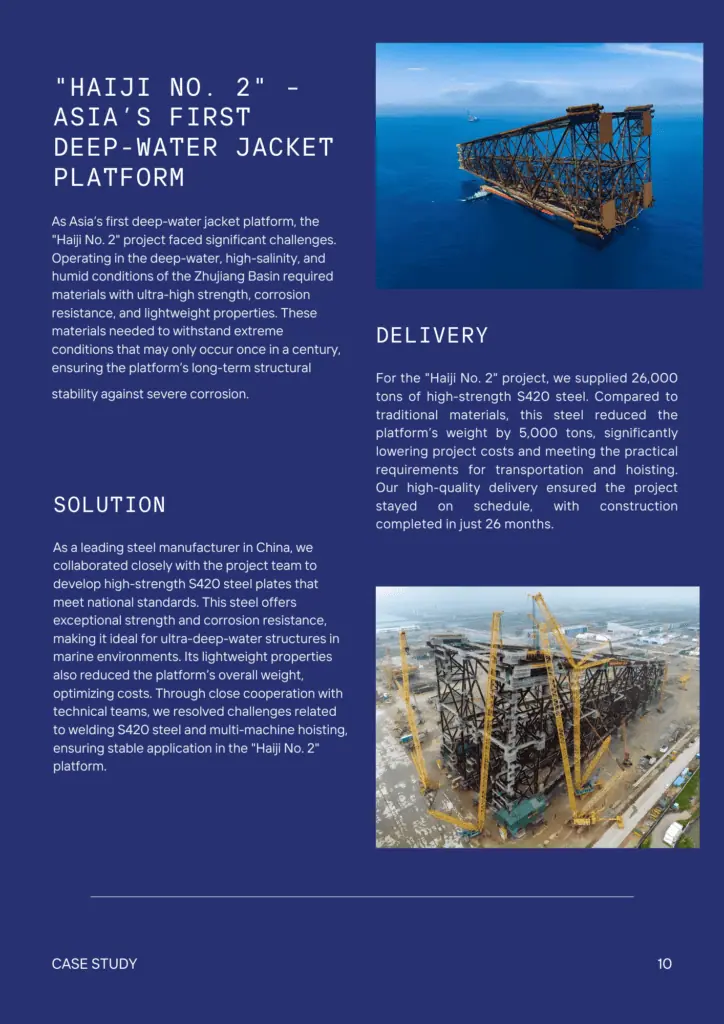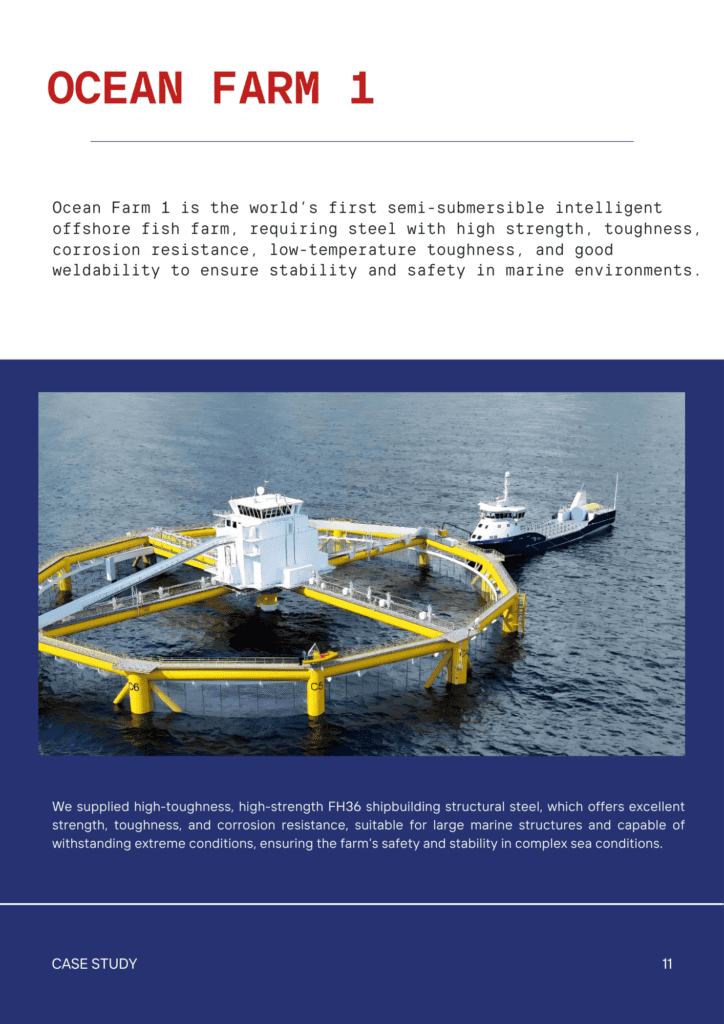Steel for Food and Beverage Industry
We provide highly reliable, food-grade stainless steel, ensuring the highest standards of safety and durability for all your applications
COMPLIANCE WITH STRICT HYGIENE STANDARDS
Our food-grade stainless steel is designed and manufactured to meet food safety and hygiene standards, ensuring no risk of contamination during production and handling.
EXCELLENT CORROSION RESISTANCE
Utilizing advanced corrosion-resistant technologies, our food-grade stainless steel withstands corrosive factors common in food processing, such as acidic solutions and high-salinity environments, thereby extending equipment lifespan and reducing maintenance costs.
SUPERIOR THERMAL CONDUCTIVITY
Our food-grade metal material exhibits exceptional thermal conductivity, effectively managing high-temperature environments encountered in food processing and ensuring product quality and safety are maintained.
Types of Food Grade Steel
- 304 Stainless Steel: A type of stainless steel known for its rust and corrosion resistance, ease of cleaning, and suitability for most food processing environments.
- 316 Stainless Steel: Another grade of stainless steel, grade 316, offers enhanced corrosion resistance, particularly in aggressive environments with high acidity or chloride content.
- 430 Stainless Steel: commonly used in less demanding food handling and processing applications, easy to clean.
- Alloy 20: Known for its resistance to sulfuric acid and other aggressive chemicals, often used in specialized food processing equipment.
- Duplex Stainless Steels (e.g., 2205): Combine the benefits of austenitic and ferritic stainless steels, offering high strength and resistance to stress cracking.
- Nitronic 50: Offers high strength and excellent corrosion resistance, suitable for applications requiring both strength and longevity in food processing.
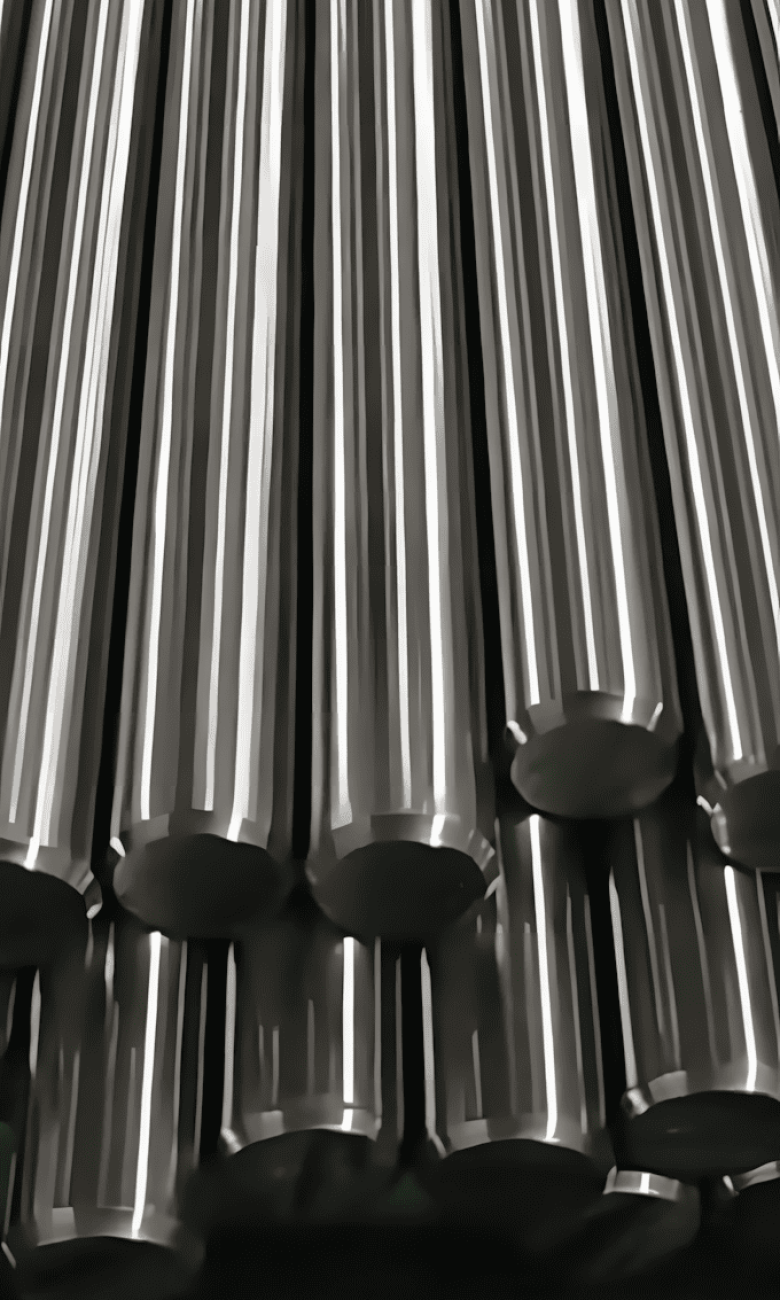
Applications
What are the specific alloy compositions of food-grade stainless steel?
Food-grade stainless steels like 304 and 316 typically contain chromium and nickel, enhancing food safety.
How does this type of stainless steel ensure food safety and hygiene?
Food-grade stainless steel is designed to meet strict hygiene standards, ensuring no contamination risk during food processing and handling.
What are the differences in corrosion resistance and cleanliness among different types of food-grade stainless steel?
Grades like 316 offer superior corrosion resistance compared to 304, suitable for more aggressive environments with higher acidity or chloride content.
In what food processing environments are food-grade stainless steel suitable?
Food-grade stainless steel, such as grade 304 and 316, is ideal for environments handling dairy, meats, beverages, and pharmaceuticals due to its corrosion resistance and hygiene properties.
How do I choose the right type and grade of food-grade stainless steel for specific food processing needs?
Consider factors such as corrosion resistance requirements, cleaning ease, and environmental conditions to select between different grades of food-grade stainless steel like 304 or 316, ensuring suitability for your specific application.


